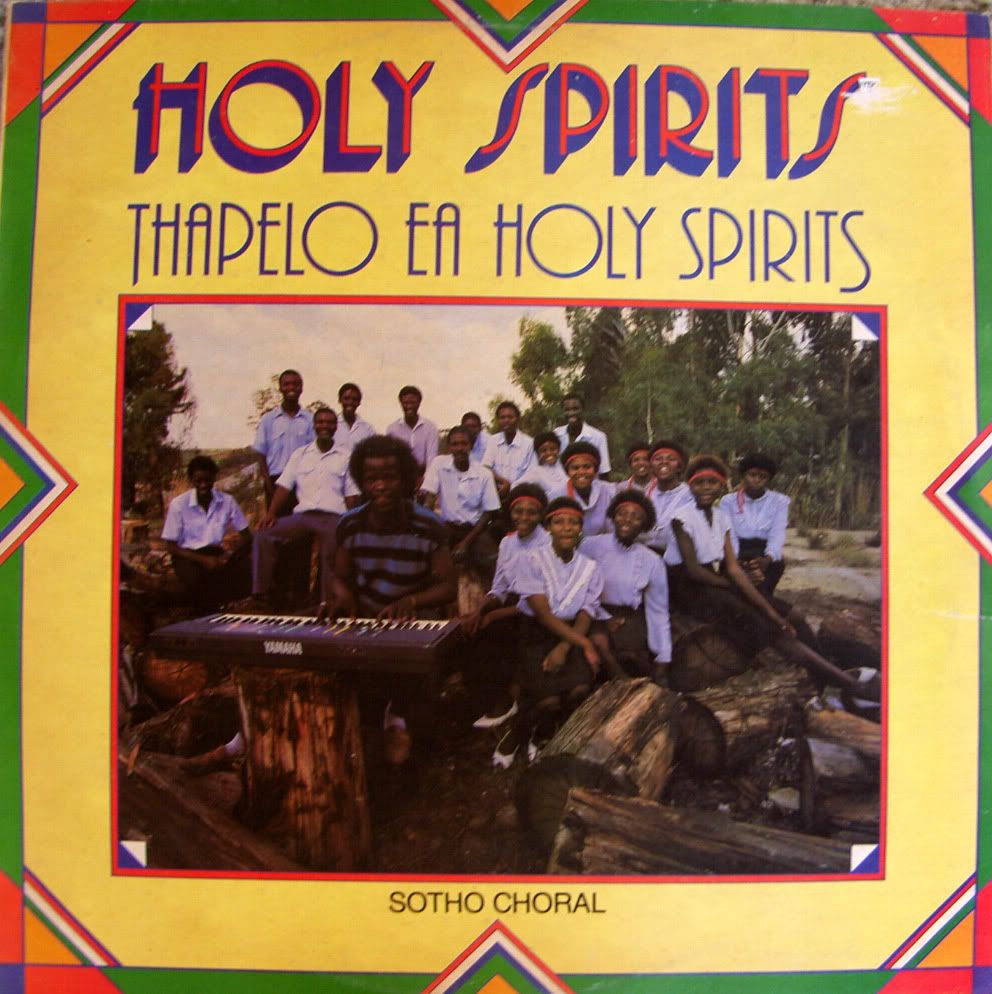 A lot of people instantly write off these old bluegrass ramblers assuming they have nothing to offer. "Modern" music certainly eschews any semblance of Hurley's mountain melancholy, in the same way our society erroneously marginalizes the value of nature or a simple lifestyle. I think Hurley embraces dejection because it affords him much more than what can be gained by pandering to market tastes-- I've seen him billed as a "folkie shaman" and have to believe in his lilting libations for the unappreciated, if not somewhat demented (idiosyncratic).
A lot of people instantly write off these old bluegrass ramblers assuming they have nothing to offer. "Modern" music certainly eschews any semblance of Hurley's mountain melancholy, in the same way our society erroneously marginalizes the value of nature or a simple lifestyle. I think Hurley embraces dejection because it affords him much more than what can be gained by pandering to market tastes-- I've seen him billed as a "folkie shaman" and have to believe in his lilting libations for the unappreciated, if not somewhat demented (idiosyncratic).Michael Hurley - Weatherhole
Plus I have always nursed a soft spot for musician/visual artists, and the mouth trumpet for that matter, check out some of Hurley's paintings and wolf comics in this video for "Rue of Ruby Whores" the song that drew me to this album in the firstplace













